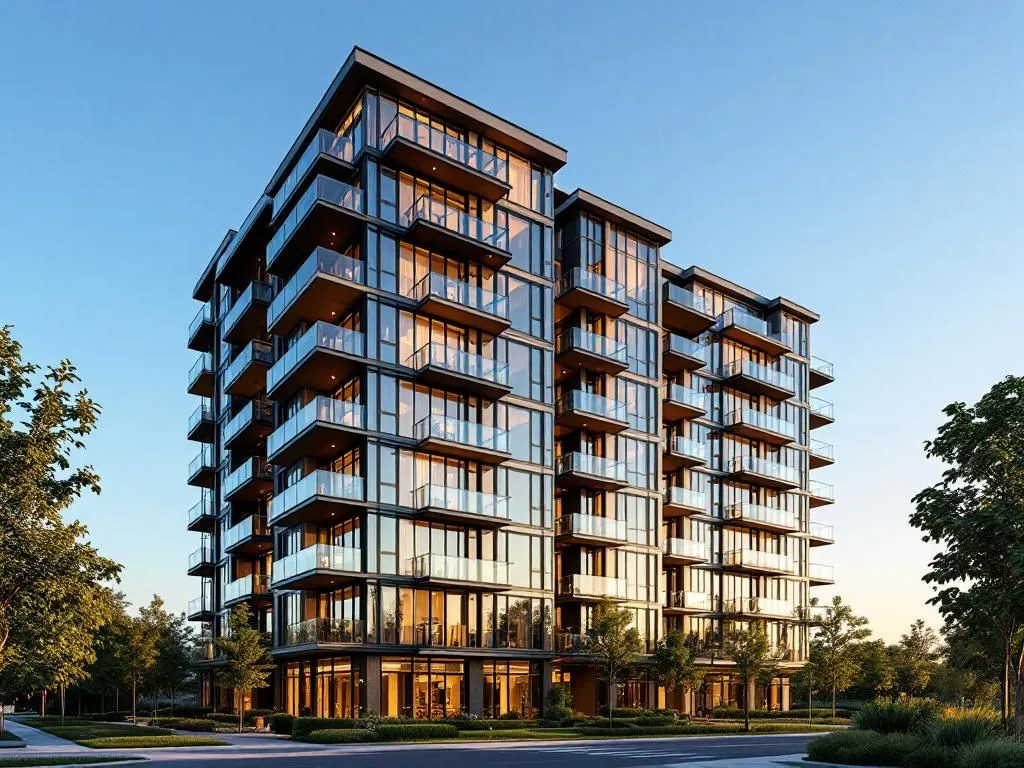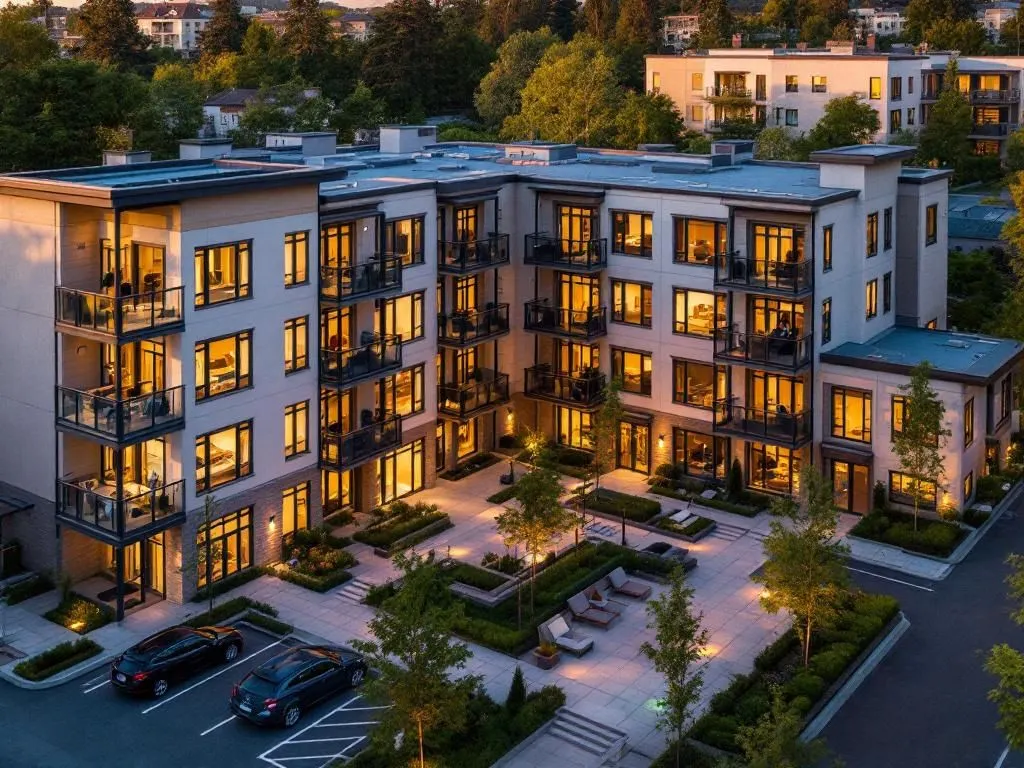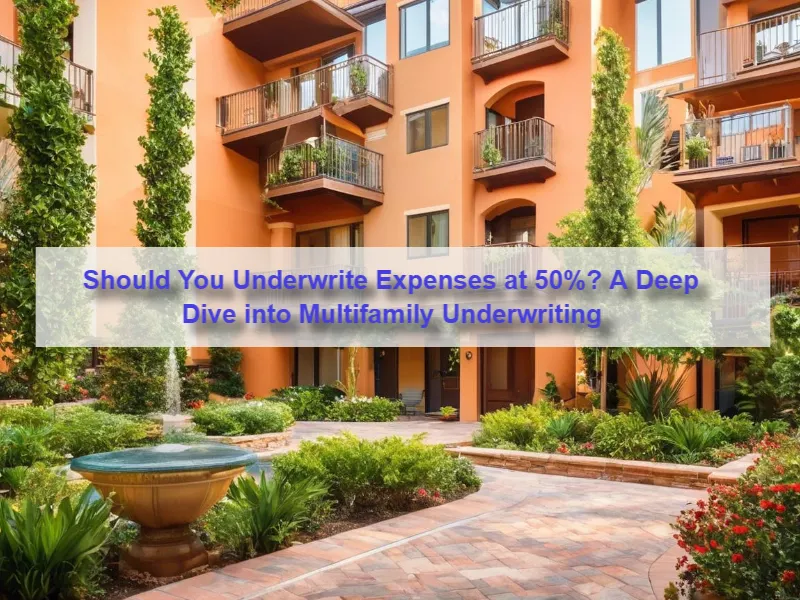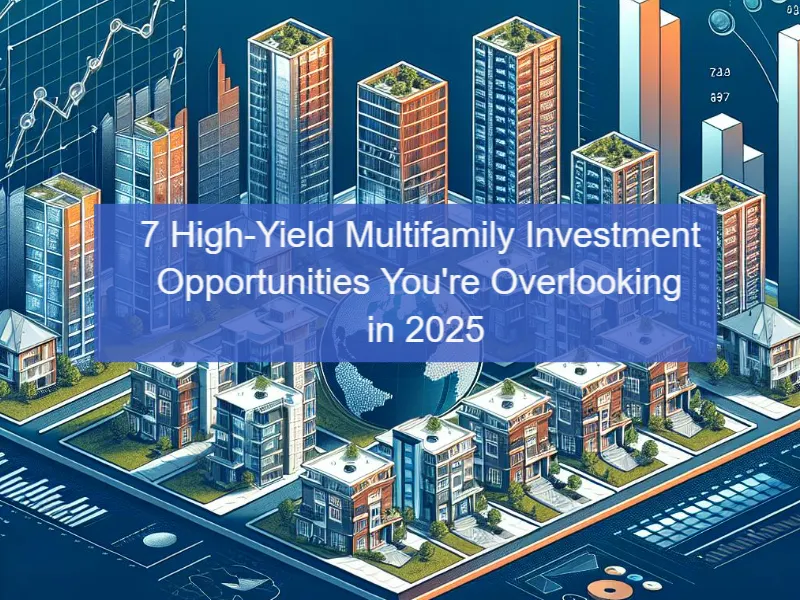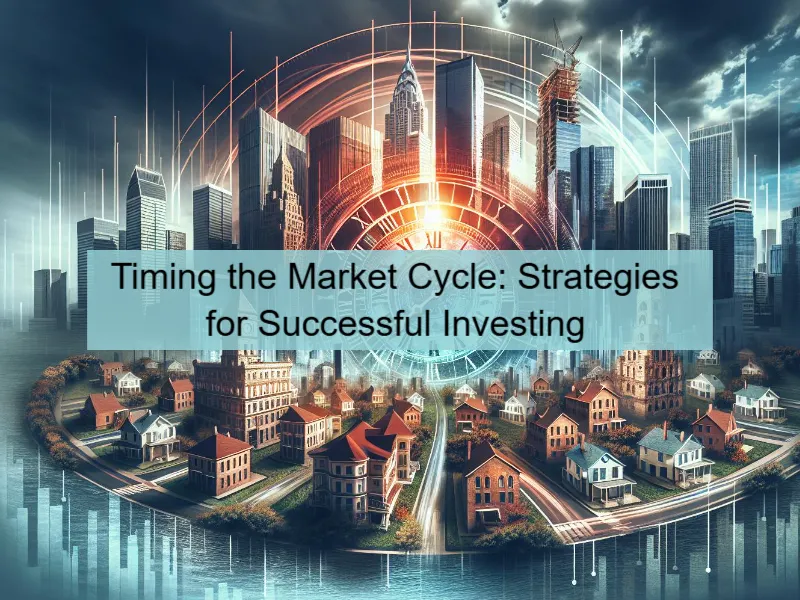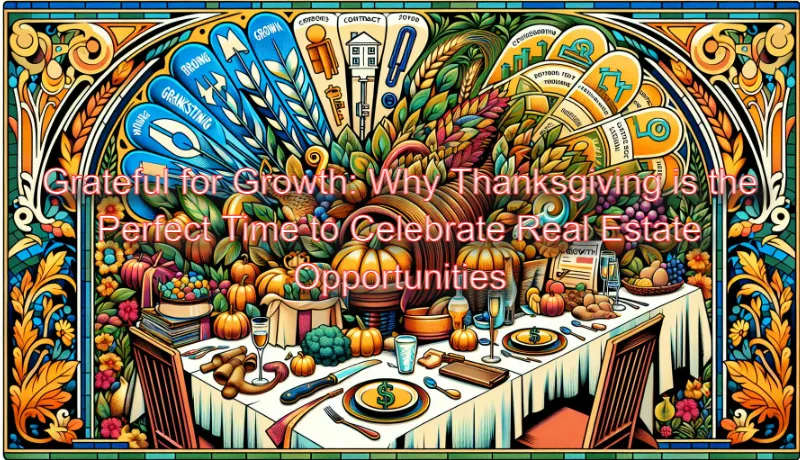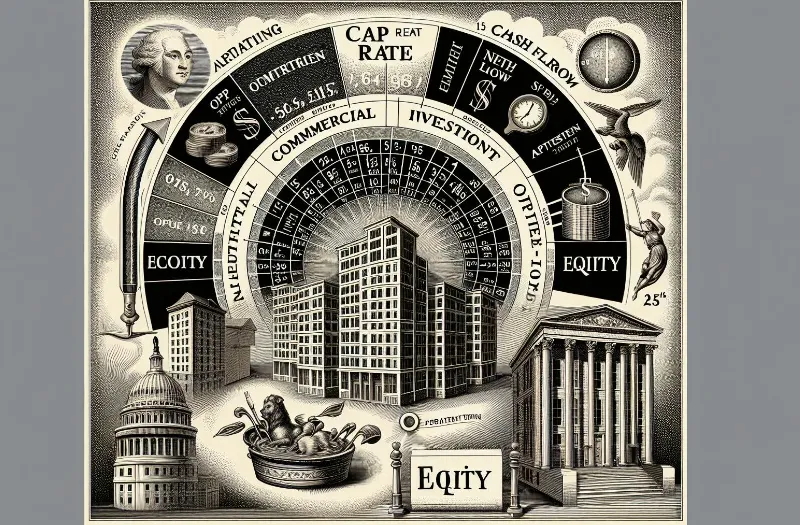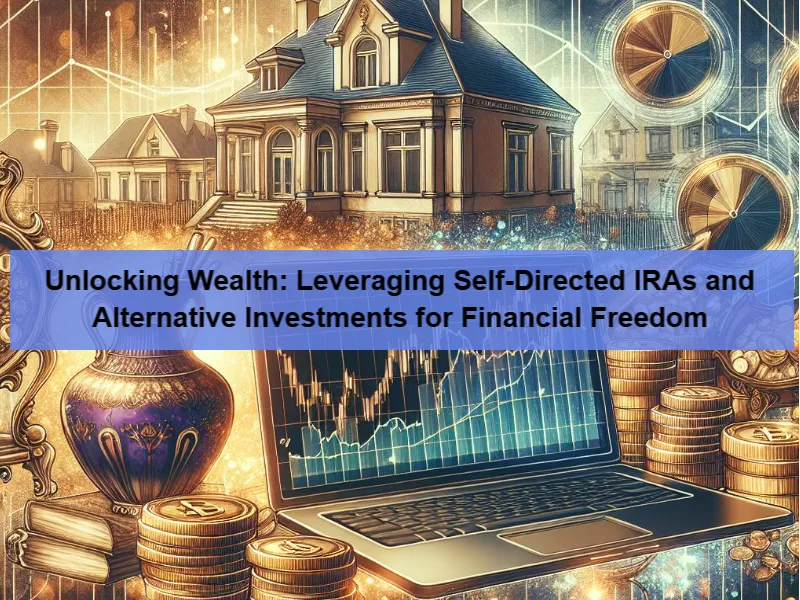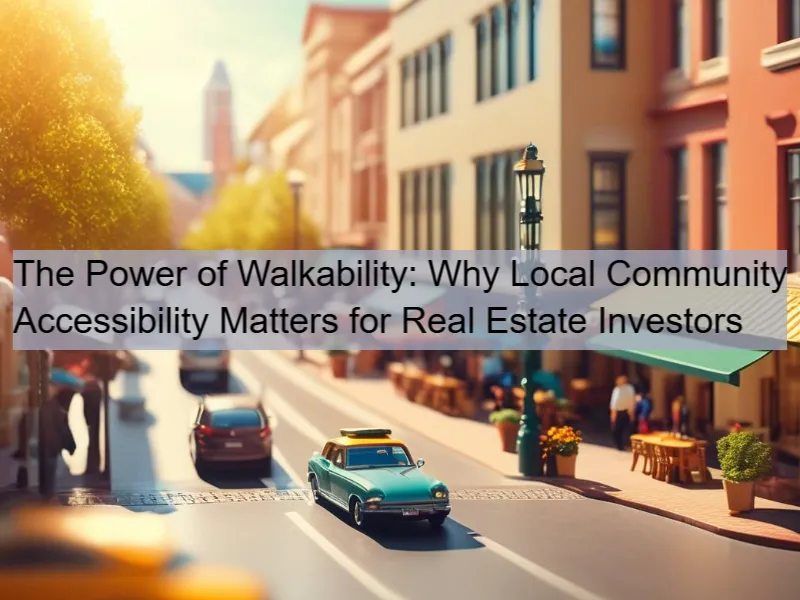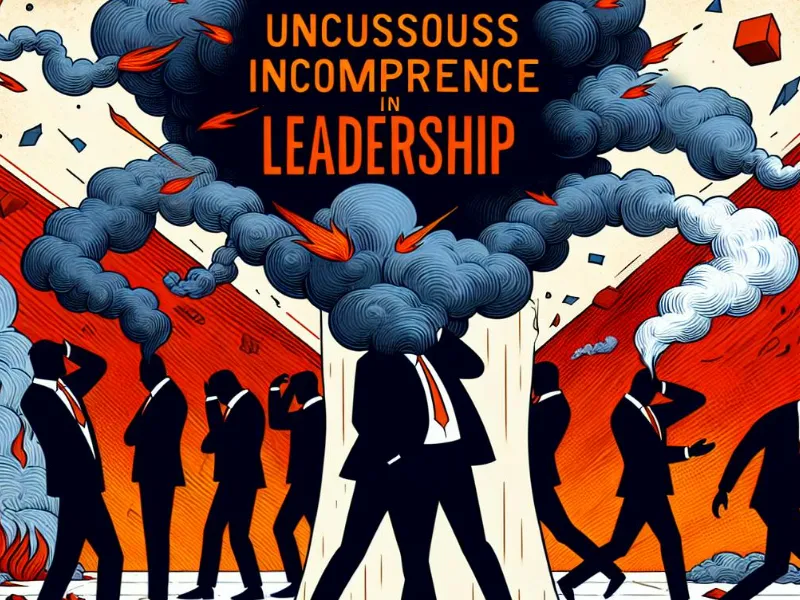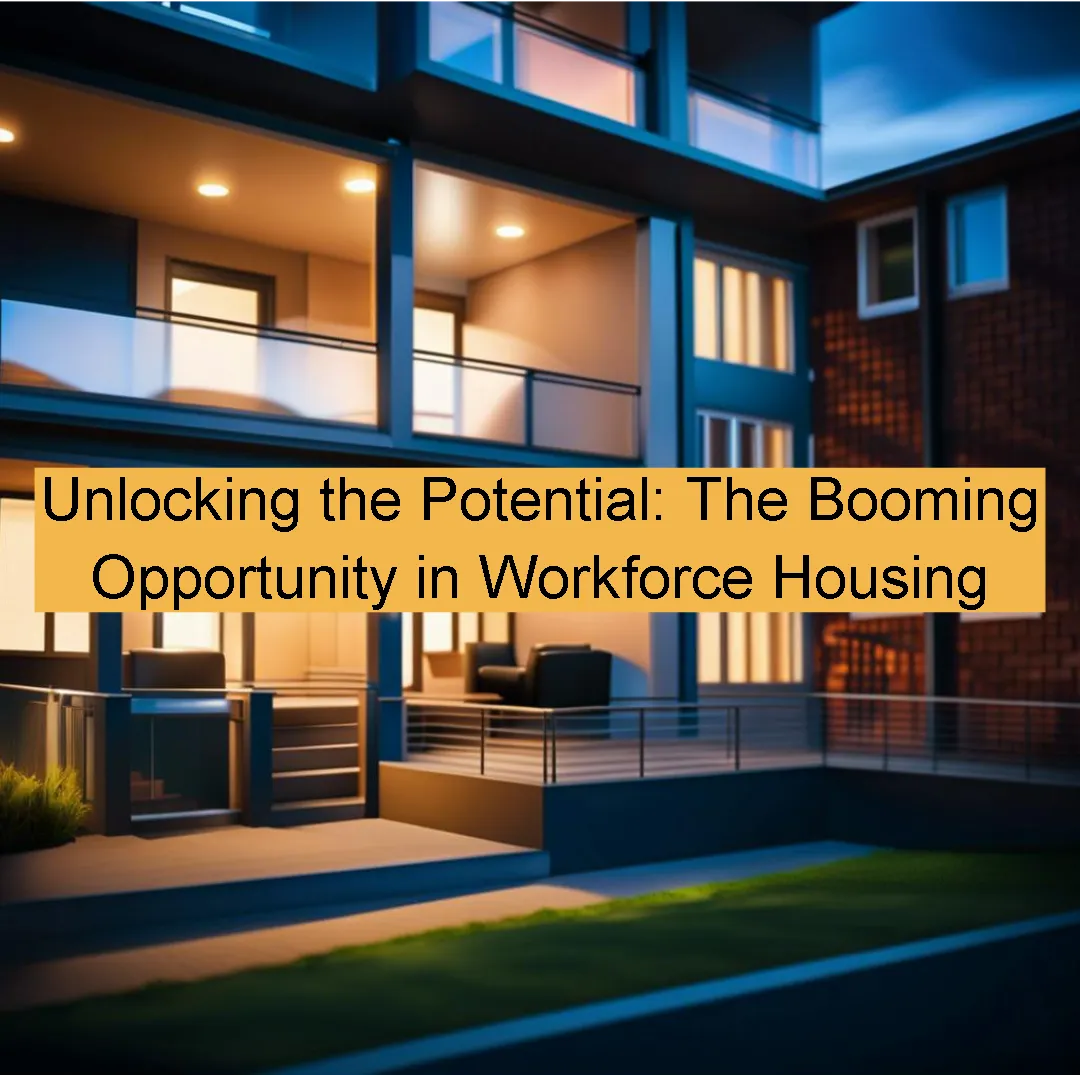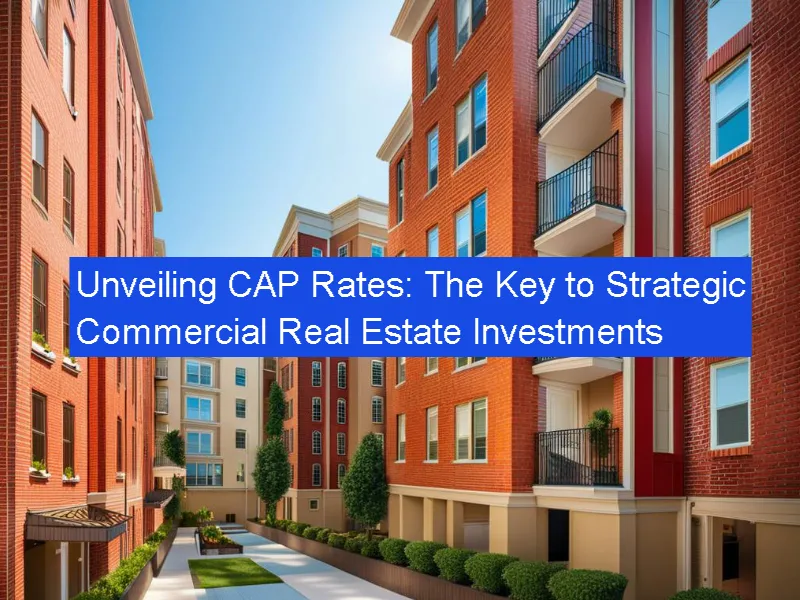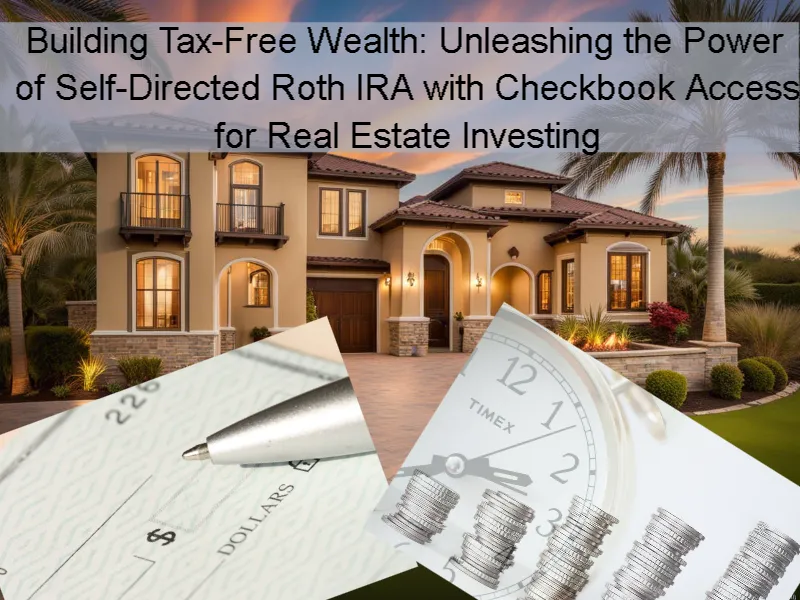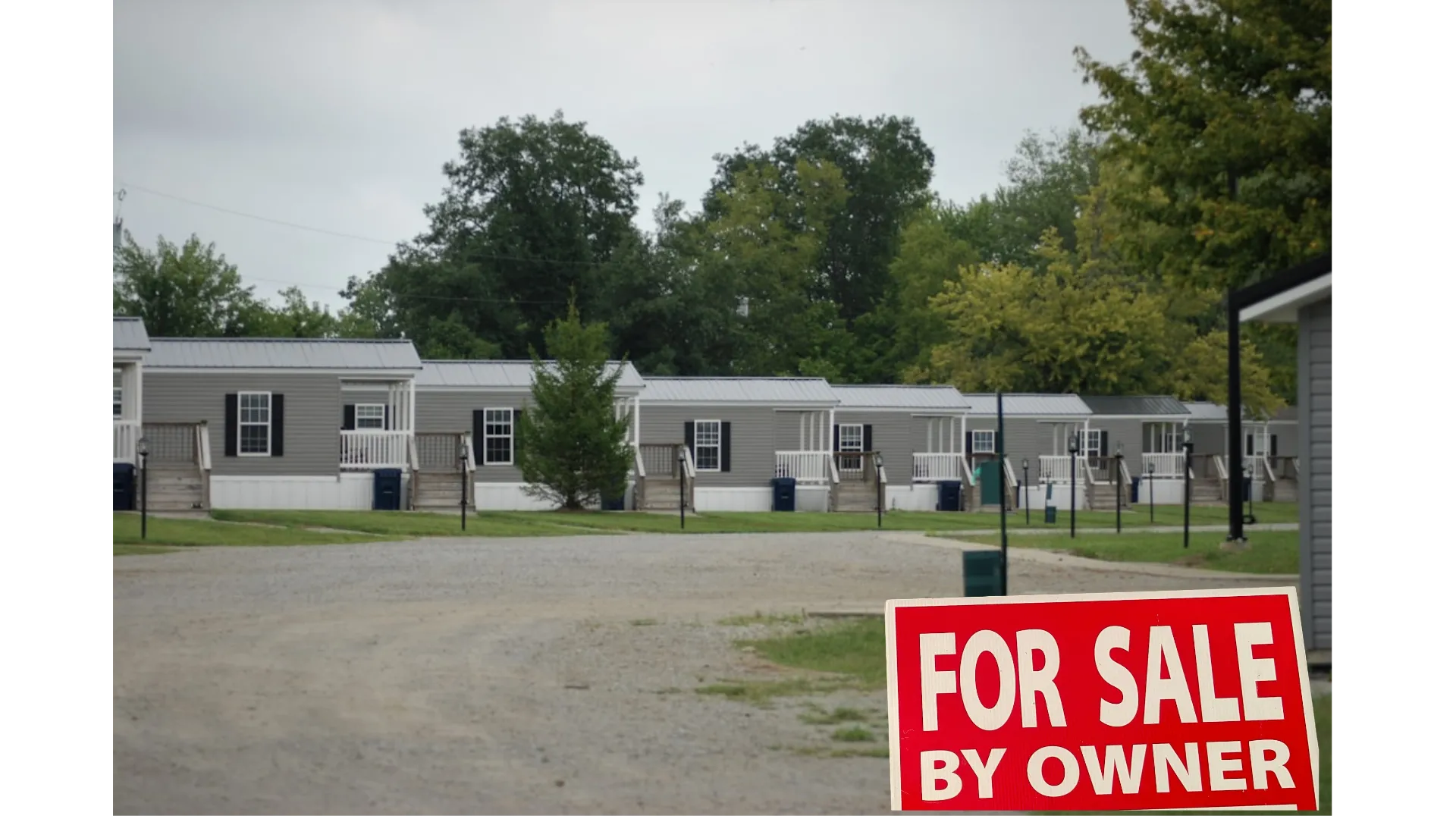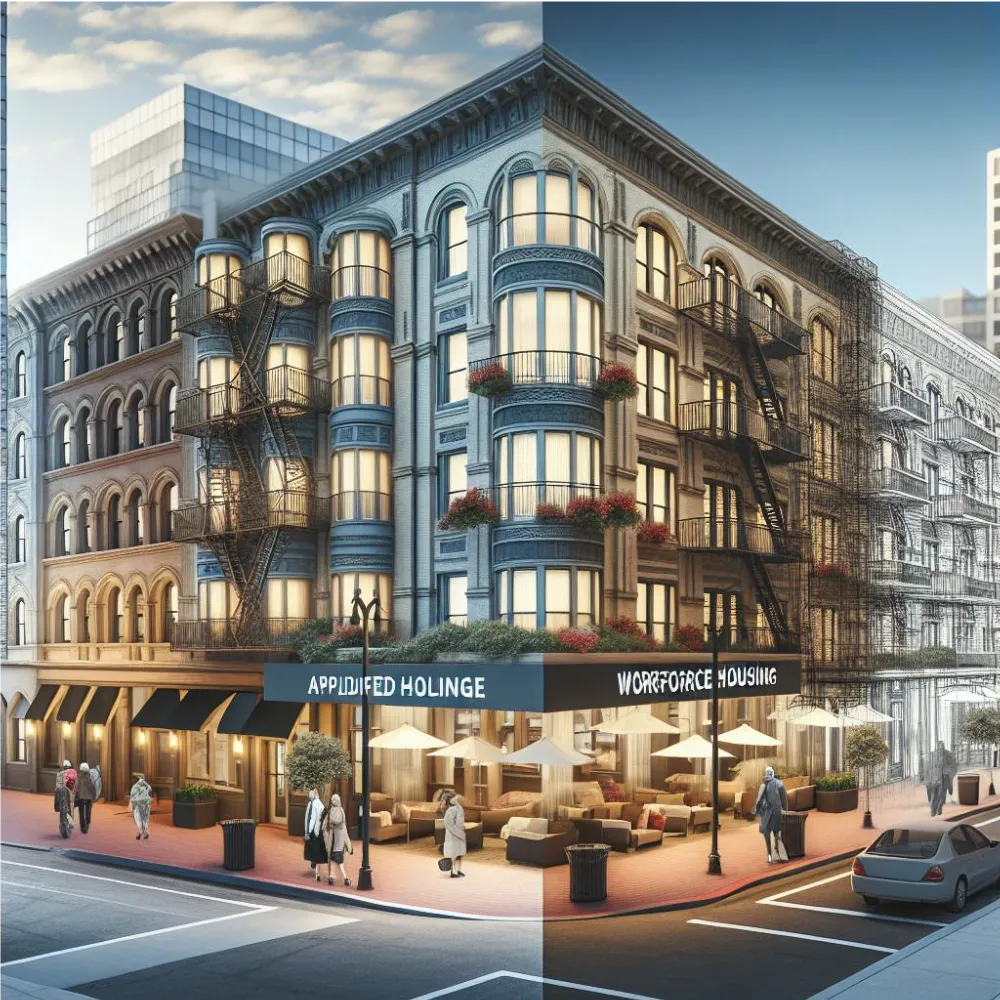Unpacking Manufactured Home Park Investing: A Path to Real Estate Success

In the world of real estate investment, manufactured home parks, also known as mobile home parks or trailer parks, are often overlooked and underestimated.
This sector, however, has increasingly emerged as one of the most lucrative avenues for those looking to build wealth in the property market.
By shedding light on this often-misunderstood niche, we aim to inspire new investors to consider manufactured home park investing as a promising alternative.
What Are Manufactured Home Parks?
Manufactured home parks, also referred to as mobile home communities or trailer parks, are organized areas designated for mobile or manufactured homes.
While the terminology has evolved over the years—reflecting shifting societal views on housing and affordability—these communities provide unique opportunities for investors, residents, and local economies alike.
Why the Name Change?
The shift from terms like “trailer parks” to “manufactured home parks” illustrates a broader societal desire to elevate the perception of this housing option.
The old terminology carried connotations of transience and instability, whereas “manufactured homes” evokes a sense of permanence and quality.
This change is crucial for marketing to prospective residents, as it fosters a more appealing image and underlines the community aspect that many of these parks offer.
Advantages of Investing in Manufactured Home Parks
- High Demand for Affordable Housing: The nationwide housing crisis has made affordable living solutions imperative. Manufactured home parks provide a solution for families and individuals seeking affordable housing options, meaning consistent demand for units.
- Lower Initial Investment: Compared to traditional real estate investments, the upfront capital required to acquire a manufactured home park tends to be significantly lower.
- High Cash Flow Potential: With low operating costs and low vacancy rates, manufactured home parks can yield impressive cash flows.
- Less Competition: The misconception surrounding the manufactured home niche leads to fewer investors competing for properties, making it a gold mine for those willing to explore.
- Stability in Economic Downturns: Historically, manufactured home parks have shown resilience during economic recessions, often outpacing traditional real estate markets.
Drawbacks of Manufactured Home Park Investing
While the advantages are enticing, it is essential to address the potential drawbacks.
- Management Challenges: Successfully managing a manufactured home community involves unique challenges, including dealing with issues related to tenants and property maintenance.
- Perception Issues: While perception is changing, there can still be a stigma attached to living in manufactured homes that may deter potential residents.
- Zoning and Legal Hurdles: Navigating local laws and zoning regulations can be tricky, particularly in areas resistant to the establishment of new manufactured home parks.
- Market Volatility: Though generally stable, manufactured home parks are not immune to market fluctuations and could be affected by changes in economic conditions.
The Opportunity Landscape
Investors who enter the manufactured home park sector do so with an eye on growth potential.
The number of affordable housing units continues to decline, leading to increased interest in this type of community.

Marketing strategies focused on the benefits of living in manufactured parks—such as community spirit and affordability—have proven effective.
Success Stories
Numerous real estate investors credit manufactured home park investing for their financial success.
Frank Rolfe and Dave Reynolds, who run a successful investment company specializing in mobile home parks, argue that this niche offers some of the best returns in real estate.
“Everyone needs a place to live,” they assert, highlighting the constant demand for affordable housing.
Their strategy includes purchasing underperforming parks, enhancing them through effective management, and then stabilizing the income, thus boosting property value.
Another investor, Kevin Bupp, has turned his focus exclusively to manufactured housing.
He emphasizes the importance of creating a welcoming community atmosphere to attract residents.
According to Bupp, “Our goal is to shift the perception; we’re not just offering homes, we’re fostering communities.”
He implements marketing campaigns that focus on lifestyle and benefits that resonate with prospective tenants.
Historical Performance and Market Resilience
During times of economic uncertainty, manufactured home parks have shown stability.
For example, according to reports from the National Association of Realtors, these parks frequently demonstrated better performance compared to conventional multi-family housing during the 2008 housing crisis.
This resilience is often attributed to the affordability factor—many residents depend on manufactured homes as their housing solution.
A study by The National Low Income Housing Coalition suggests that manufactured home parks are instrumental in providing housing stability to low-income families. Investors who recognized this trend early have reaped significant rewards.
Real Examples from Successful Investors
Numerous investors have shared their experiences in the manufactured home park niche.
For instance, Michelle Hooper, an investor who transitioned from traditional multi-family housing to manufactured home communities, highlighted her experience.
“I discovered that the tenants in mobile home parks tend to stay longer, which translates into stable cash flow,” she said.
Moreover, Hooper's strategy involves enhancing the physical appearance of the park and implementing robust community initiatives, from social events to landscaping, which foster resident retention and satisfaction.
Marketing to New Residents
Given the historical stigma attached to manufactured homes, effective marketing is crucial for attracting new residents.
Investor Ryan Narus suggests that the key lies in showcasing the benefits of community living and the safety and affordability manufactured homes offer.
“You want potential residents to see your community as a place of dignity and pride, not just a temporary stop,” Narus advises.
Successful marketing strategies include:
- Leveraging Digital Platforms: Utilizing social media and online advertising to reach a wider audience effectively.
- Community Engagement: Creating events that foster community spirit and demonstrate the sense of belonging that residents can expect.
- Referral Programs: Encouraging current residents to refer friends and family to the community, creating a personal connection.
Conclusion: A Hidden Gem in Real Estate
Investing in manufactured home parks presents a unique opportunity for those looking to expand their real estate portfolio.
By understanding the benefits, addressing the drawbacks, and implementing effective marketing strategies, aspiring investors can turn this little-understood niche into a lucrative venture.
The historical performance during economic downturns, combined with the growing demand for affordable housing, reinforces manufactured home parks as a formidable investment avenue.
In summary, as more investors begin to uncover the potential within manufactured home parks, this sector's unique attributes can pave the way for financial success and community stability.
There is a world of opportunity waiting—are you ready to explore it?

